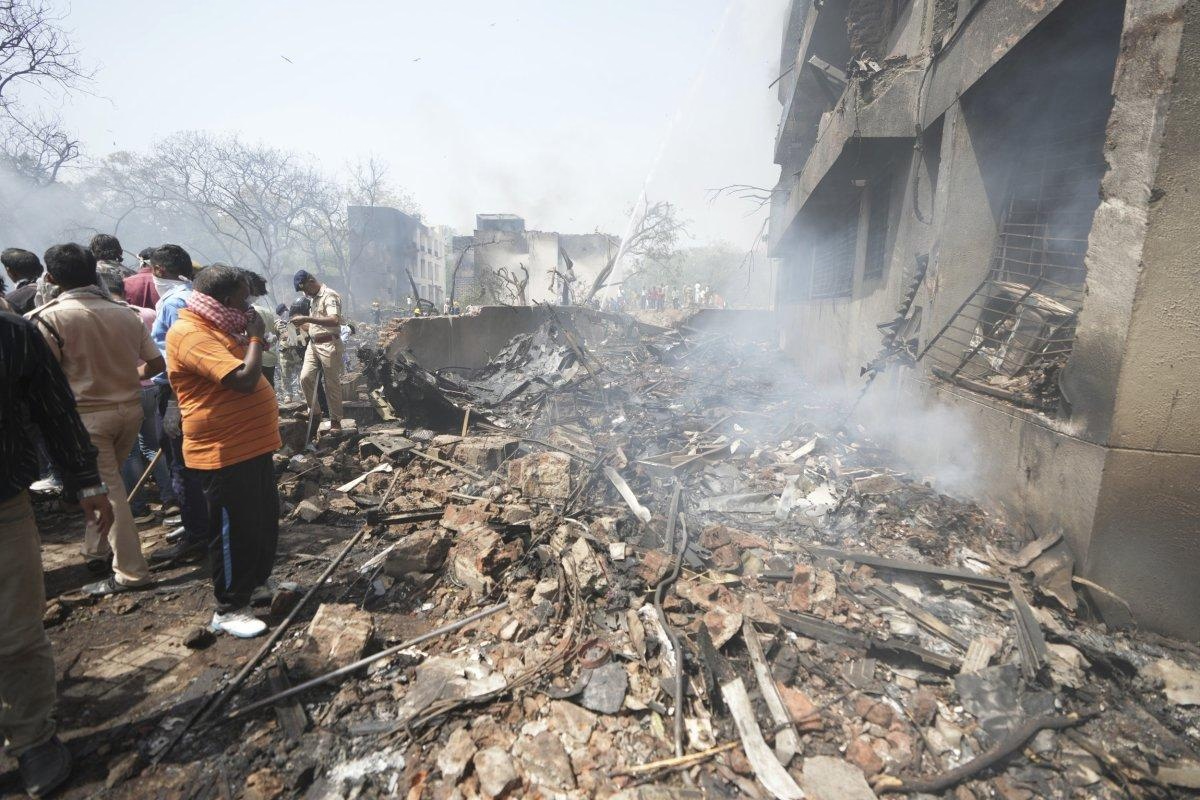AeroGenie — Your Intelligent Copilot.
Trending
Categories
Ahmedabad Plane Crash: Ex-Air Force Chief Cites Engine Failure at Critical Stage

Ahmedabad Plane Crash: Ex-Air Force Chief Attributes Incident to Engine Failure at Critical Phase
Former Chief of Air Staff, Air Chief Marshal Arup Raha (Retired), has indicated that the Air India aircraft which crashed near Ahmedabad airport on June 12 experienced a loss of engine power at a crucial moment during takeoff. The tragic accident, which occurred shortly after departure from Sardar Vallabhbhai Patel International Airport, claimed 241 of the 242 lives on board and caused additional casualties on the ground.
Analysis of the Crash and Potential Causes
Addressing the media at a defence sector event, Raha described the crash as "very sad, heartbreaking," while acknowledging the challenges in determining the precise cause at this early stage. He explained that the loss of engine power occurred during the critical phase of lift-off, when the aircraft’s altitude was low and there was insufficient time for recovery. This loss of thrust likely led to a stall, causing the plane to descend rapidly and ultimately crash.
Raha emphasized the reliability of the Boeing 787-8 Dreamliner’s engines, noting that simultaneous failure of both engines is an extraordinarily rare event, estimated at one in a billion cases. While he suggested alternative possibilities such as software malfunctions, control system errors, or fuel contamination, he firmly dismissed speculation regarding sabotage. He urged restraint from conjecture until the Directorate General of Civil Aviation (DGCA) and other investigative bodies complete their inquiries.
The former Air Chief Marshal also highlighted the role of ground personnel, particularly in certifying the aircraft’s weight before takeoff, and indicated that investigations would determine if any procedural lapses contributed to the accident. He ruled out a bird strike as a cause and referenced prior whistleblower complaints within the airline, calling for these concerns to be thoroughly examined.
Broader Implications and Ongoing Investigations
The crash has intensified scrutiny of Air India’s safety protocols, especially as the airline undergoes significant restructuring under the Tata Group’s ownership. Industry analysts suggest that such incidents may affect market confidence, potentially exerting short-term pressure on Tata Group’s stock due to the airline’s prominence within the conglomerate. Competitors are expected to respond by reinforcing their safety measures and issuing public reassurances to maintain passenger trust.
Aviation experts continue to analyze the crash, focusing on the engine failure highlighted by Raha and the unusual descent pattern captured in available footage. Meanwhile, Raha reiterated the importance of indigenous aircraft engine manufacturing, advocating for greater self-reliance in aviation technology.
As the DGCA leads the official investigation, the aviation sector and the public await further information on the factors behind one of India’s deadliest air disasters in recent years.

Capital A Completes Sale of Aviation Business to AirAsia X

Four Gateway Towns to Lake Clark National Park

PRM Assist Secures €500,000 in Funding

Should Travelers Pay More for Human Support When Plans Go Wrong?

InterGlobe Aviation Shares Rise 4.3% Following January Portfolio Rebalancing

Key Market Segments Shaping Airline Route Profitability Software

Locatory.com Gains Traction Among Aviation MROs and Suppliers

JetBlue Flight Makes Emergency Landing Following Engine Failure

58 Pilots Graduate from Ethiopian University

The Engine Behind Boeing’s Latest Widebody Aircraft
